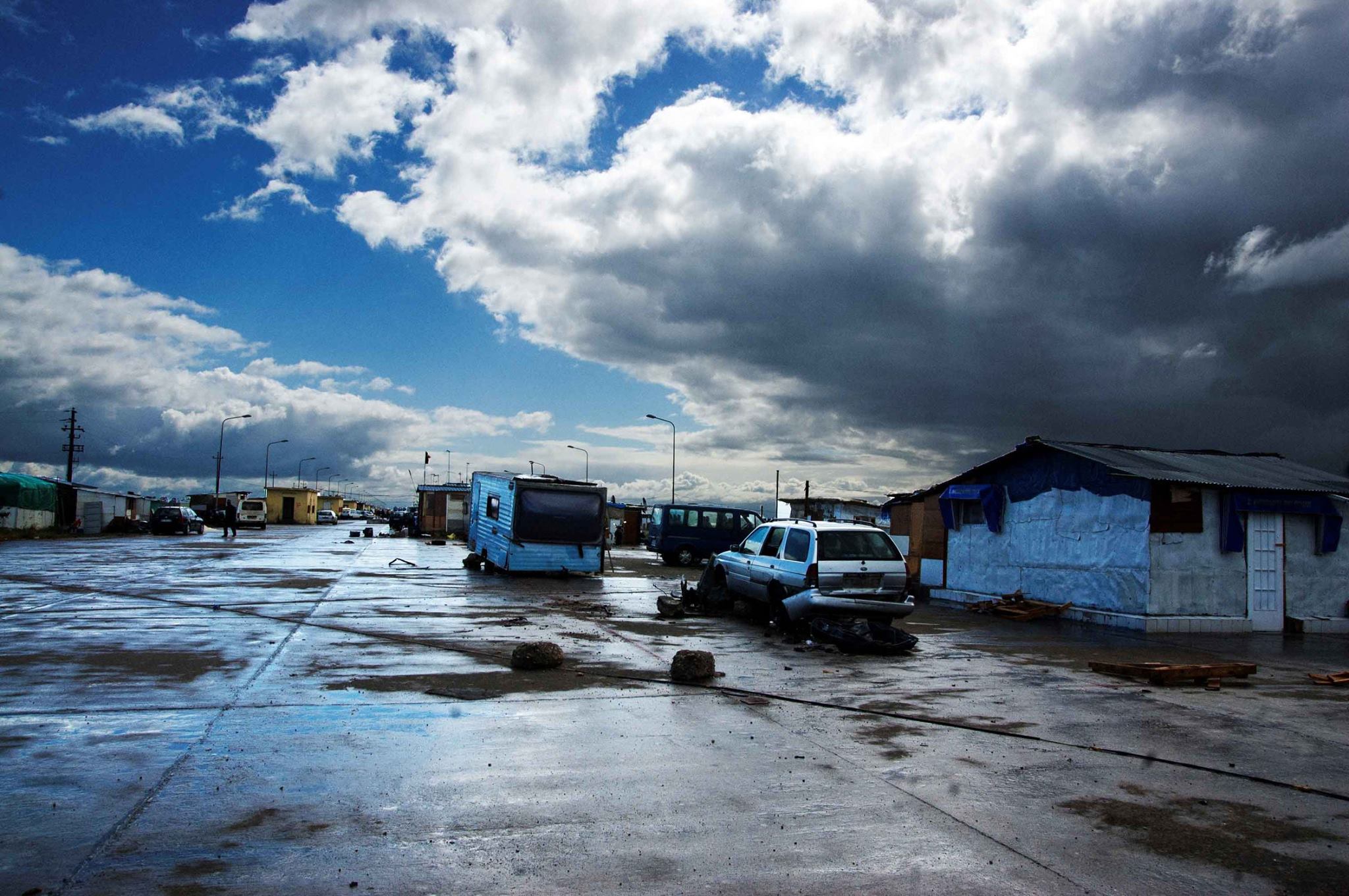book project
Inside Migrant Exploitation
Farm Work and Cooperation in Italy’s Informal Camps
Inside Migrant Exploitation uncovers how migrant workers in Italy build underground institutions that enable their collective survival in informal camps—while channeling their labor into one of Europe’s most exploitative supply chains. Grounded in unique ethnographic access and original interview and survey data, the book develops a new theory of mass migrant exploitation in advanced democracies, showing how it can emerge not through violence or coercion, but through mutually beneficial—yet structurally unfair—exchanges at society’s margins.

The book is anchored in a puzzle: Why do thousands of migrant farmworkers in Italy—mostly West African men—move to isolated, overcrowded shantytowns, far from public services, welfare access, and legal protections? Why do many remain for years, even rebuilding camps after fires and evictions, rather than moving to state- or charity-run shelters?
Challenging portrayals of migrants as passive victims, the book shows how they actively organize life in the camps: building housing, regulating behavior, brokering jobs, and even collecting taxes or running informal police forces. These self-organized communities persist not only because of state failure or mafia coercion, but because they offer a more viable path to survival, autonomy, and dignity than formal alternatives.
The book argues that:
-
State forbearance of labor exploitation catalyzes collective organization among migrants into informal, self-governed communities.
-
Informal brokers and migrant entrepreneurs fill the vacuum of formal governance, sustaining collective life while also enabling mass labor exploitation.
-
These underground institutions create spaces of self-rule, where those excluded from formal integration can recover autonomy and dignity—without striving to access a society that offers no viable path in.
While grounded in Italy’s farmlands, the book places this case in broader context. Similar patterns of labor informality and migrant self-organization are emerging across high-income democracies—from Spain to the U.S.—as states turn a blind eye to labor exploitation to remain competitive in global markets.
Inside Migrant Exploitation speaks to ongoing debates in political science, sociology, and migration studies about labor, informality, governance, and exclusion. It offers:
-
A new theoretical framework for studying mass labor exploitation
-
A mixed-methods approach that bridges formal theory, ethnography, and survey analysis
-
Field-based insights into how marginalized migrants navigate exclusion while building community
This book will appeal to scholars, students, policymakers, and advocates interested in labor rights, migration, political economy, and the lived realities of social exclusion in liberal democracies.